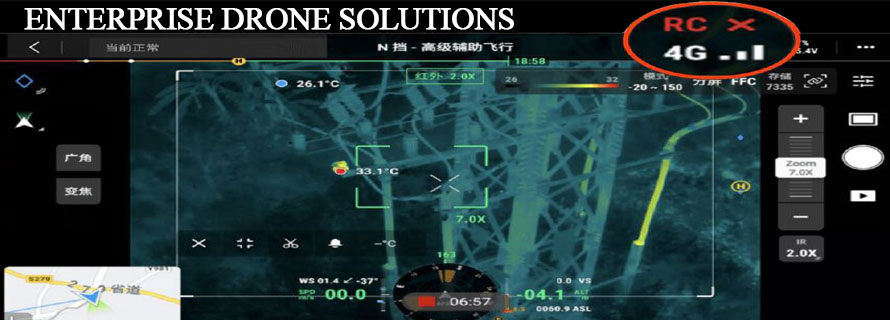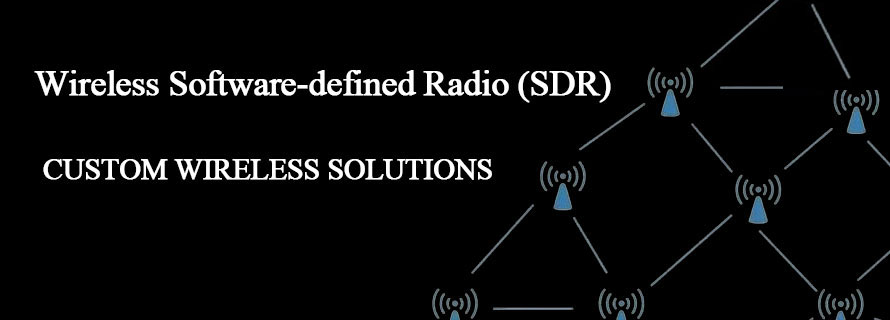-
EXISTENT GUM IN FUELS BY JET EVAPORATION: ASTM D381
EXISTENT GUM IN FUELS BY JET EVAPORATION: ASTM D381(Equivalent Test Methods: IP 131, ISO 6246, DIN 51784, JIS K 2261, and AFNOR M07-004)EXPLANATIONHigh gum can cause induction-system deposits and sticking of intake valves, and in most instances it can be assumed that low gum will ensure absence of induction-system ...
-
GRAVITY, API BY HYDROMETER METHOD: ASTM D287
GRAVITY, API BY HYDROMETER METHOD: ASTM D287EXPLANATIONAccurate determination of the gravity of petroleum and its products is necessary for the conversion of measured volumes to volumes at the standard temperature of 60° F (15.56° C). Gravity is a factor governing the quality of crude oils. However, ...
-
GRAIN STABILITY OF CALCINED PETROLEUM COKE: ASTM D6791
GRAIN STABILITY OF CALCINED PETROLEUM COKE: ASTM D6791EXPLANATIONThe grain stability of calcined petroleum coke determines the resistance to breakdown of +4 mm particles used in the manufacture of carbon anodes for use in the reduction process of aluminum. Cokes have to be relatively easy to grind for ...
-
GLYCOL ANTIFREEZE IN USED LUBRICATING OILS: ASTM D2982
GLYCOL ANTIFREEZE IN USED LUBRICATING OILS: ASTM D2982EXPLANATIONLeakage of glycol-base antifreeze into the crankcase is serious because the coolant tends to interfere with the lubricant and its ability to lubricate; it also promotes sludging, increases varnish deposit formation, and it will stay longer ...
-
GLYCERIN IN BIODIESEL METHYL ESTERS BY GC: ASTM D6584
GLYCERIN IN BIODIESEL METHYL ESTERS BY GC: ASTM D6584EXPLANATIONFree and bonded glycerin content reflects the quality of biodiesel. A high quantity of free glycerin may cause problems during storage, or in the fuel system, due to separation of the glycerin. A high total glycerin content can lead to injector ...
-
GASOLINE DILUENT IN USED ENGINE OILS GAS CHROMATOGRAPHY METHOD: ASTM D3525
GASOLINE DILUENT IN USED ENGINE OILS GAS CHROMATOGRAPHY METHOD: ASTM D3525TEST SUMMARYThis test method uses a gas chromatograph equipped with a flame ionization detector and a programmable oven. The use of other detectors and instrumentation has been reported. However, the precision statement applies ...
-
GASOLINE DILUENT IN USED ENGINE OILS DISTILLATION METHOD: ASTM D322
GASOLINE DILUENT IN USED ENGINE OILS DISTILLATION METHOD: ASTM D322GENERAL:Some fuel dilution of the engine oil may take place during normal operation. However, excessive fuel dilution is of concern in terms of possible performance problems. There are two test methods available for this work: one based ...
-
GAGE VAPOR PRESSURE OF LPG: ASTM D1267
GAGE VAPOR PRESSURE OF LPG: ASTM D1267EXPLANATIONInformation on the vapor pressure of LPG products under temperature conditions from 37.8 to 70° C is pertinent to selection of properly designed storage vessels, shipping containers, and customer utilization equipment to ensure safe handling of these ...
-
FUEL SYSTEM ICING INHIBITORS IN AVIATION FUELS: ASTM D5006
FUEL SYSTEM ICING INHIBITORS IN AVIATION FUELS: ASTM D5006EXPLANATIONDiethylene Glycol Monomethyl Ether (DiEGME) is miscible with water and can be readily extracted from the fuel by contact with water during shipping and in storage. Methods are therefore needed to check the additive content in the fuel ...
-
FRICTION AND WEAR PROPERTIES OF EXTREME PRESSURE LUBRICATING OILS: ASTM D6425
FRICTION AND WEAR PROPERTIES OF EXTREME PRESSURE LUBRICATING OILS: ASTM D6425(Equivalent Test Method: DIN 51834)EXPLANATIONThis test method can be used to determine anti-wear properties and coefficient of friction of extreme pressure (EP) lubricating oils at selected temperatures and loads in applications ...



